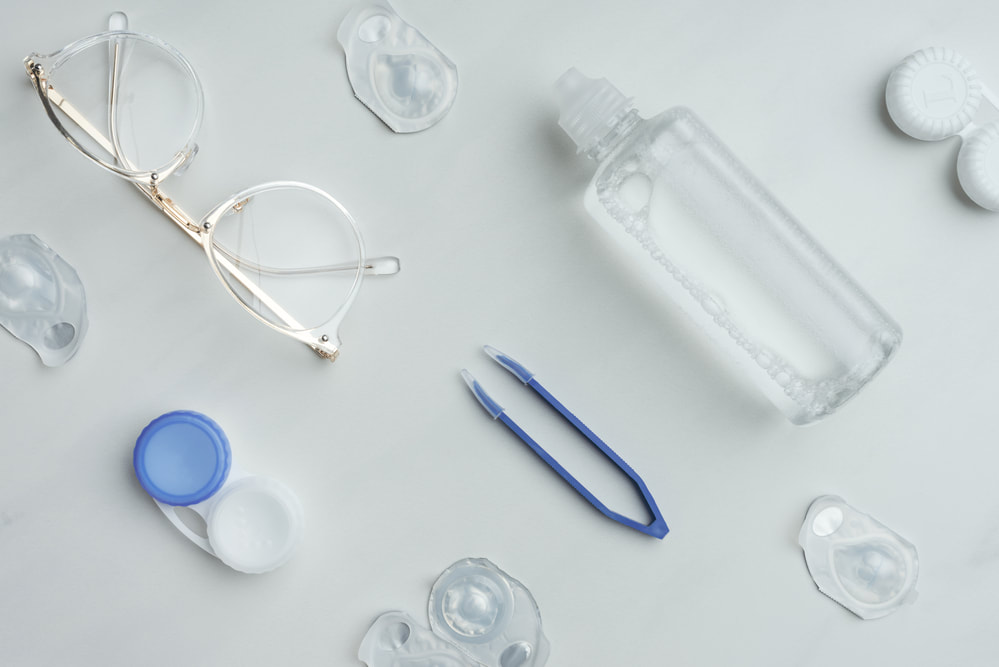Why contacts?Contact lenses are a good option for many people. Contacts offer the following benefits:
Lens safetyIf you decide contact lenses are right for you, there are several things to keep in mind. By taking certain steps, you can reduce your risk of developing eye infections or other issues related to your contacts. Consider the following precautions: Understand the types of lenses you have: Be sure you know how long you can wear the lenses you have. Some lenses are only for daily use and need to be removed at night. Other lenses can be worn for extended amounts of time. Only wear the contacts for as long as the manufacturer recommends. Do not sleep in your contacts: Unless your eye doctor has told you it is safe to sleep in your contacts, take them out of your eyes before bedtime. Sleeping in your lenses can lead to an eye infection. According to the Centers for Disease Control and Prevention, you are about eight times more likely to develop an eye infection if you sleep in your lenses. Wash your hands: This may seem like a no-brainer, but washing your hands before handling your contacts is a must to prevent eye infections. Use fresh contact solution when cleaning lenses: Only use fresh contact lens solution when placing your lenses in their case. Don’t recycle old contact solution. Replace your lens case: The case that holds your lenses can be a breeding ground for bacteria. According to the Federal Food and Drug Administration, you should replace your contact lens storage case about every three months or as often as your eye doctor recommends. Replace contacts as recommended: Different types of lenses can be worn for varying amounts of time. Some lenses are only worn once, while others are worn multiple times. Be sure to replace your contacts as often as your eye doctor recommends. Recognize signs of eye irritation: Contact wearers may be at an increased risk of dry eyes or eye irritation. Although not all issues occur due to contacts, it is helpful to spot problems early and see an eye care professional to determine the cause. Watch for signs of irritation such as:
If you feel any of the above symptoms, take your contacts out until you can see an eye doctor. Contacts and swimmingSwimming and wearing contacts do not mix. Wearing contacts while you swim can increase your risk of eye infections. Microorganisms in bodies of water, such as lakes or even swimming pools, can cause different types of eye infections.
Water, in general, can cause soft contacts to swell or change shape. The water can also make it hard to remove the lens as it sticks to the eye. The bottom line is, if you wear contacts, take them out before swimming or even showering. If you have any questions about contact lenses, please let us know. Also, if you would like to discuss whether an appointment with one of our eye doctors would be appropriate at this time, call our office at 508-746-8600. Comments are closed.
|
EYE HEALTH BLOGCategories
All
Archives
July 2024
|
|
Kadrmas Eye Care New England
55 Commerce Way, Plymouth, MA 02360
14 Tobey Road, Wareham, MA 02571 133 Falmouth Road (Rt 28), Mashpee, MA 02649 |
Phone Number:
1-508-746-8600 Hours: Monday through Friday — 8 AM – 4:30 PM |


 RSS Feed
RSS Feed
